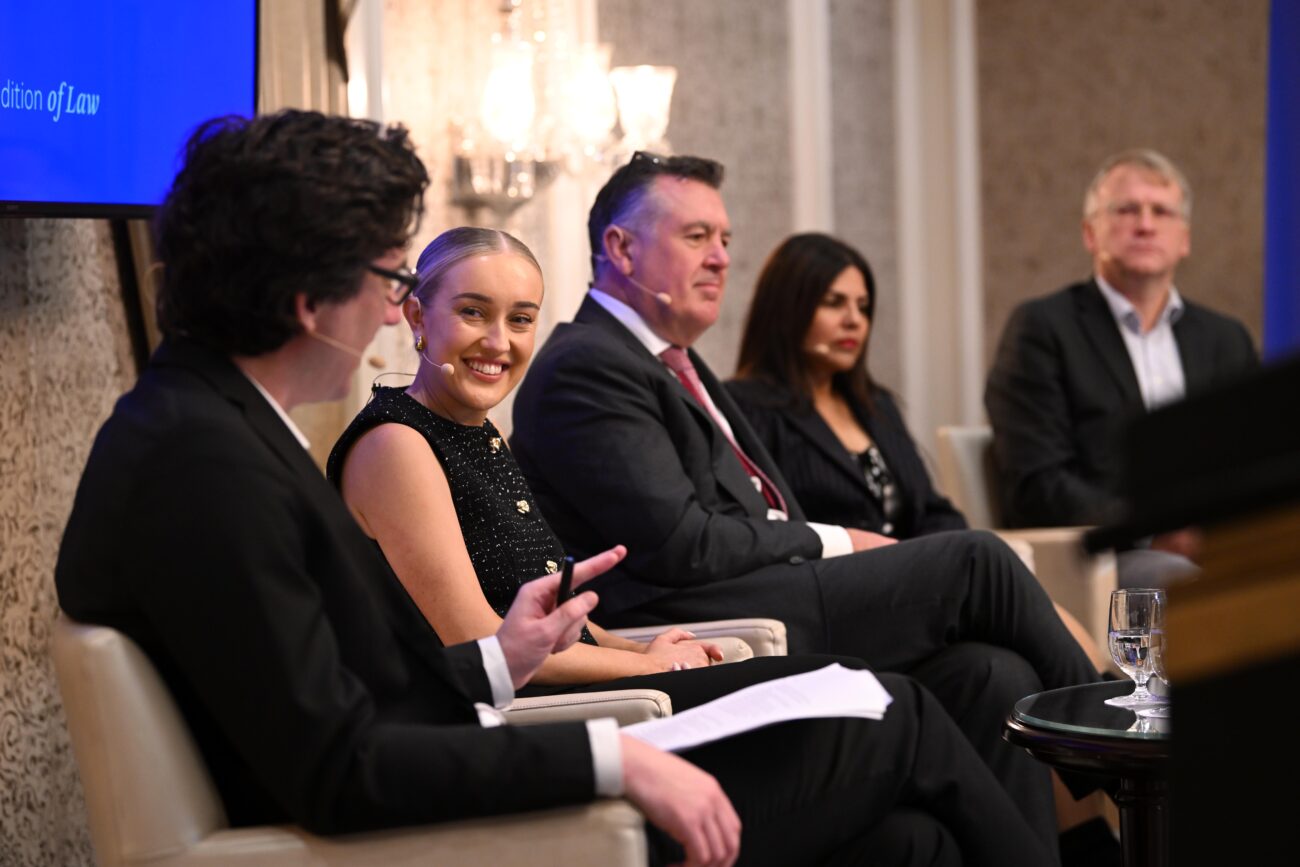“The trademark was actually one of the first things I did,” said Aine Kennedy, who registered her brand long before she even launched it. “The best €140 I ever spent was registering that trademark in Ireland.”
Kennedy doesn’t say that idly. Last year, her company initiated a High Court action alleging brand infringement by a major retailer.
Kennedy launched The Smooth Company in 2022 after two years of product testing. “I noticed a lot of girls on social media dipping their toothbrush into hair gel to slick their hair back and I personally hate putting gel on my hair… I was like, there has to be an easier solution.”
The smooth stick was born: a mascara-like wand that smooths flyaway hairs.
The entrepreneur, who appeared on her product packaging because she couldn’t afford to hire models, is clear about the importance of the brand to her business. “I’ve sacrificed so much to get the brand to where it is,” she said, “If I feel that someone is doing something to damage our brand and our reputation, you best bet we’ll defend our brand all the way.”
Kennedy joined three other brand experts on a panel to discuss building business legacies and the value of reputation. The event was hosted by Whitney Moore and moderated by The Currency’s Ian Kehoe and followed up on the recent Brand Matters podcast series.
Here are four key takeaways from the event.
Lesson 1: Trademark, trademark, trademark
For Sumi Nadarajah, a partner at FRKelly, a law firm specialising in intellectual property, Kennedy’s approach to her brand was unusual in her long experience but part of a growing trend among young founders. She said she’s seen a change in mindset.
“I noticed that today’s young entrepreneurs tend to focus a lot more on the IP,” she said. “I think we can thank Dragons Den, maybe, for some of it, but they understand the importance of actually trying to protect your intellectual property.”
“Traditionally it was only the big brands who really did invest in brand protection,” she went on. “It was a big money a big-money game… For small traders in Ireland, for individuals or SMEs, they’d think ‘I’m not Coca Cola, why would I be spending money?’.”
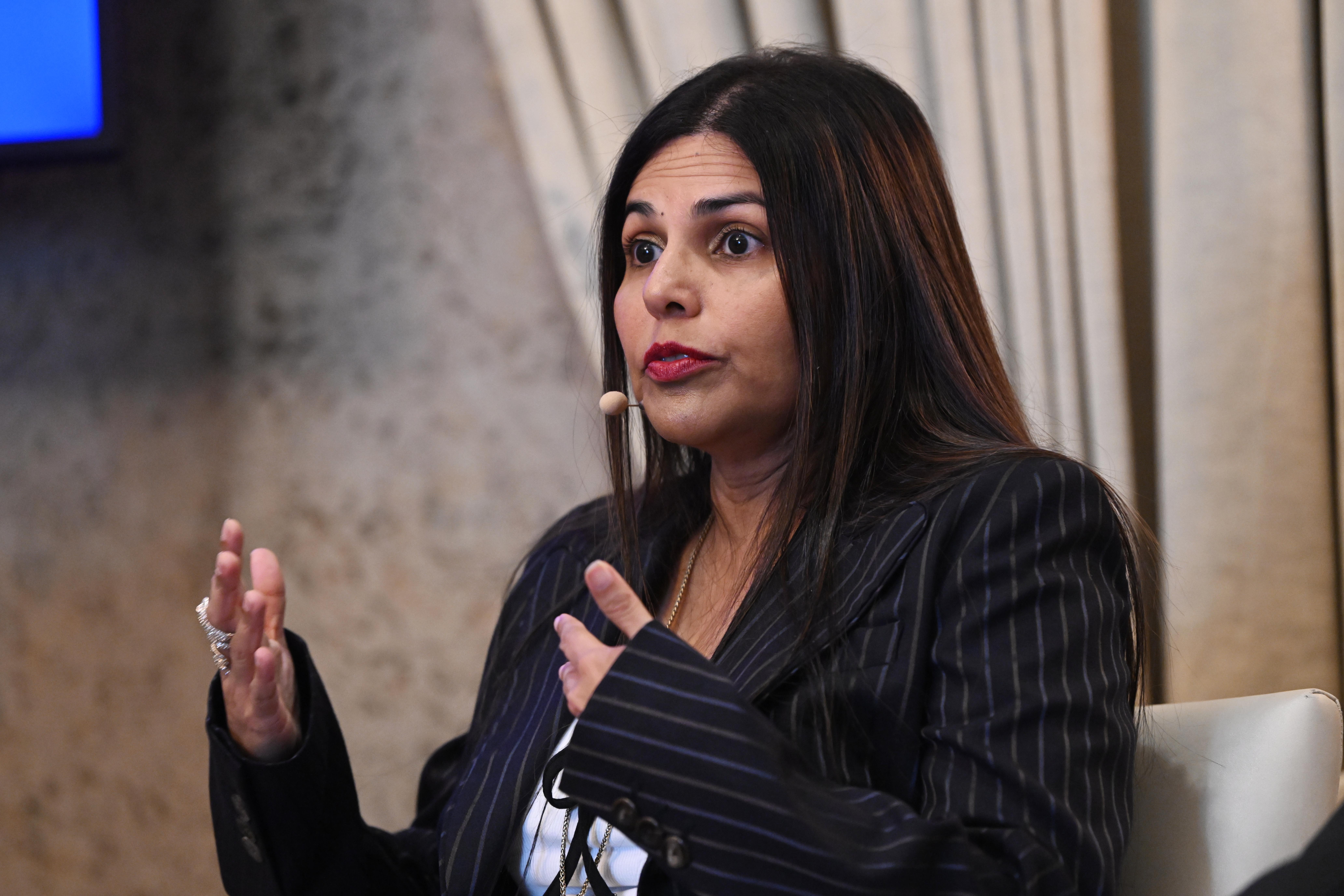
However, small brands should be thinking about this, argued Nadarajah. They can look to protect a business name, a product name, a slogan, a logo or anything that is a distinctive feature of the business. You can even trademark colours, smells, and sounds.
What you can’t trademark is anything that will create a monopoly or stop others from trading. “If you’re going to trademark ‘apple’ for apples [the fruit], clearly that’s not registerable. But ‘apple’ for computer products [is] absolutely fine, it has absolutely no meaning.”
“IP and in particularly trademark registration, it’s a business asset,” said Nadarajah, adding that Enterprise Ireland emphasises this to its high-potential start-ups. “And in fact, probably… Your brand is your largest growing asset in any business.”
Lesson 2: Brand loyalty has benefits beyond sales
Kennedy knows the power of a brand. Having put all her money into the formula and branding, she had no money for marketing. But this wasn’t a problem because she knew she could leverage social media. “What I did was I documented our small business journey on TikTok and off the back of that we have over 10 million TikTok views with customers in 56 countries around the world,” she said.
“I knew I always want to leverage social media with the brand,” she continued. “That was always my plan from the get-go.”
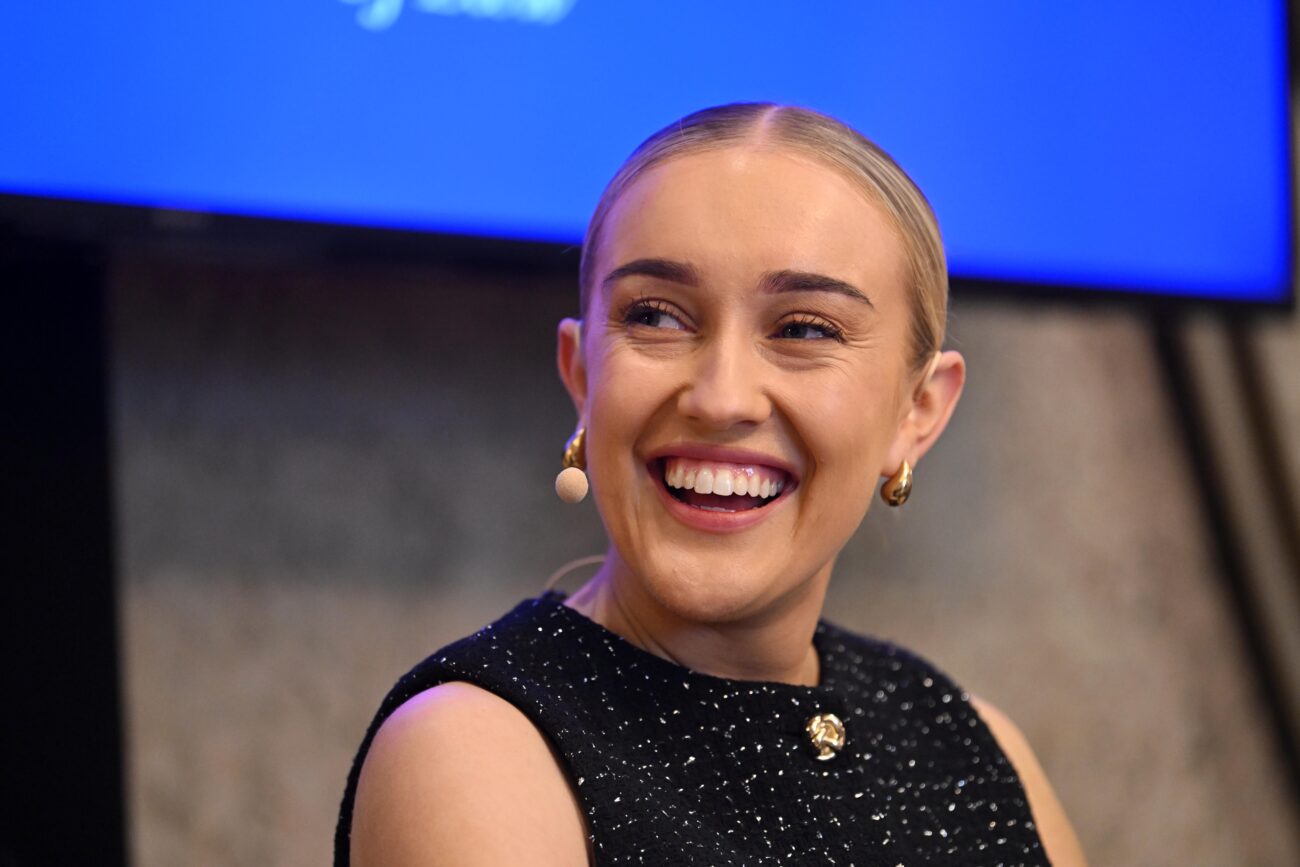
Building a personal connection with her customers has helped her beyond sales. Kennedy told the audience that there have been a few cases of product dupes and many of them were reported to her by customers before she noticed herself.
“Customers value their relationships with brands and place great store and trust in them” said Robin Hayes, a partner specialising in IP work at Whitney Moore, who also joined the panel. “If customers feel that they have been duped, that is an affront to them.”
Hayes acted for McCambridge Bread when it took a high court action against Joseph Brennan Bakeries for “sailing far too close to the wind” with packaging that was very similar. McCambridge won the case, even though in this instance the company’s registered trademarks didn’t cover the packaging or “trade dress”.
“Probably what swung that case in our favour was that Michael [McCambridge] had such good relations with his customers that 12 of them were happy enough to come into court to give evidence that they had bought the wrong product in error,” said Hayes, “which probably speaks something to the power of his brand.”
When Kennedy realised that her website had been duped, she put up a teary TikTok video “in sheer panic” explaining to her followers what had happened. “I think what sets us apart from the other brands is that we’re very authentic to the customer,” she said. “We just tell everyone what’s going on.”
As stressful as it was, she also said that it “was the best thing that would have ever happened” because she “didn’t realise how many people were supporting us”.
Lesson 3: Brand management isn’t limited to your own brand
Paul Sheeran, the fourth member of the panel, is a different entrepreneur to Kennedy. Having set up his eponymous jewellers 35 years ago, he has to manage not only his own brand but the brands of world-famous watchmakers and jewellers whom he sells in his Chatham Street shop.
Brand loyalty is equally important to him, though, because once a customer trusts him, they’re unlikely to go elsewhere. “I often say, you don’t change your lawyer, you don’t change your doctor. You don’t change your dentist. In a lot of cases, people don’t change their jeweller,” he said.
“I think one of the statistics is that of all the 30 million flights” going through Dublin Airport, he said “only 6.2 million of those are [inbound] tourism. So the rest of those flights is us. It’s us flying all over the world. So our retail competitors are not actually necessarily in Dublin, it’s Milan, it’s Paris.”
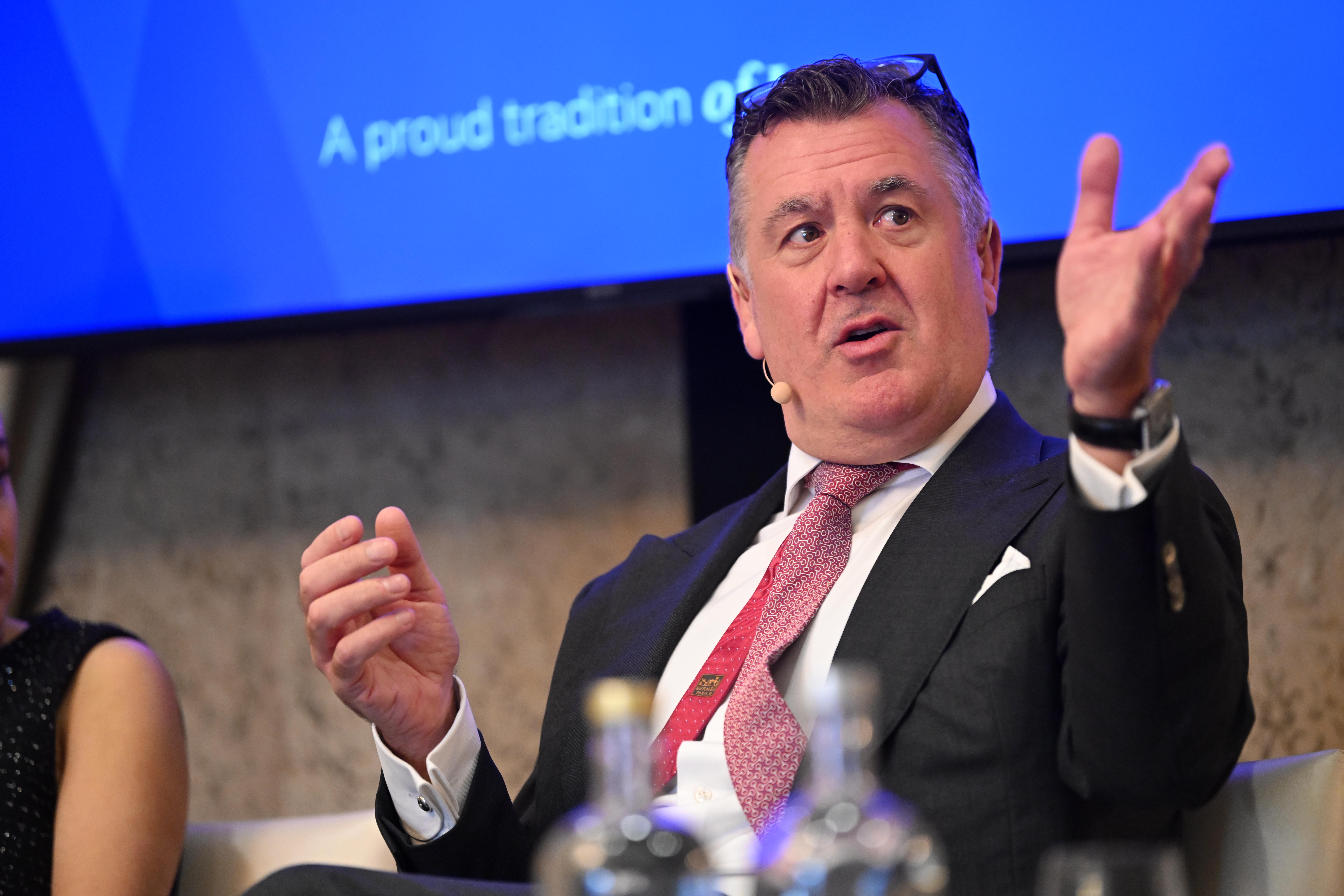
Why should Irish people have a lesser expectation of retail, he asks. On top of that, he said, it’s about “minding the brand, understanding what we’re selling”.
“When people come into us… They’ve chosen [us],” he said. Jewellery is so personal that “it’s not just a product that comes into the store. It’s something that has to be handled with kitten gloves and maintained to the highest standard. And so your brand is doing that.”
The power of Sheeran’s brand is also what allows him to attract other prestigious international brands: Panerai, Tag Heuer, Breitling…
It wasn’t easy to break into the world of luxury watches at the start. “I had to redirect my brand to ‘I have to impress them’. I have to do business in a manner that makes them want to work with me, and I had to prove myself,” he said.
“Unfortunately, Dublin is not the beautiful retail environment we sometimes think it is,” said Paul. “The international brands don’t like Dublin… They don’t think Grafton Street is very attractive.” They also want so-called nice allegiances with other brands in the neighbouring shops – something Sheeran can’t control.
However, he solved the problem on Chatham Street with a new concept, a three-walled ‘boutique’ within the larger shop for each brand so customers wander from boutique to boutique and experience a totally different brand feel each time. “As a result, now our model is actually being used internationally.”
Lesson 4: Can you back up a legal letter?
The final piece of free legal advice from the panel was that if you are planning to defend your brand, you need to be 100 per cent committed. (Do get bespoke legal advice if you’re in this situation.)
Hayes joked that unfortunately for him as an IP litigator, cases do tend to get settled pretty quickly.
“IP cases automatically qualify for admission to the commercial division of the High Court,” he said, and “a lot of the time in trademark disputes the warning letter is successful”.
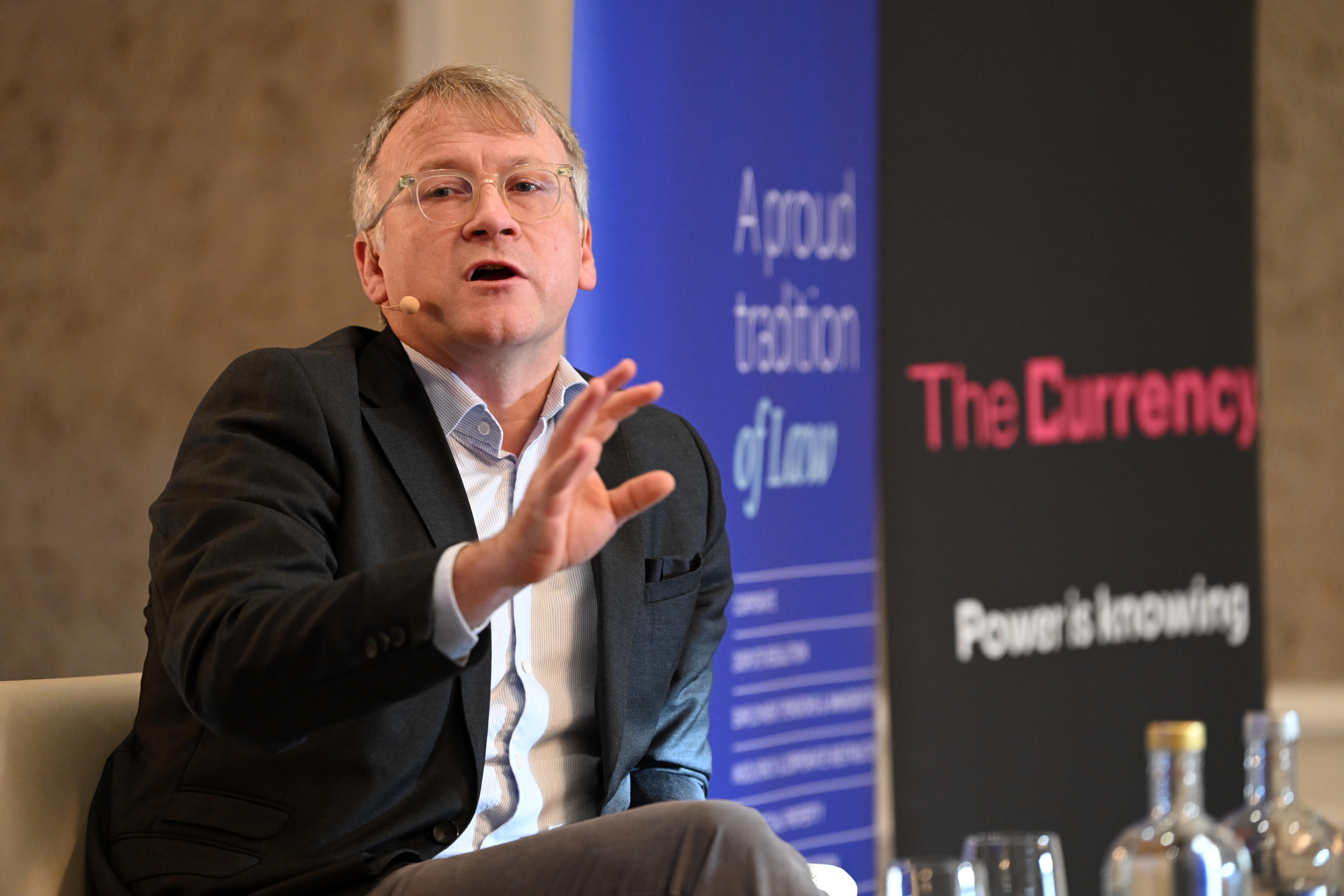
Applying early to get it into the commercial division of court has the effect of getting a defendant to talk about settling. “They just don’t want to get involved in a serious and potentially pricey dispute over what could typically be, say, a name that they have only maybe adopted relatively recently.”
He said that maybe someone in the marketing department made the decision to use the name, unlike for the plaintiff for whom it’s the heart of their business.
All that being said, “you have to show your opponent that you’re deadly serious,” said Hayes, “that you’re prepared to go to war on it because obviously, if they think that you’re not, if the client isn’t committed, then they’re not going to take it seriously.”
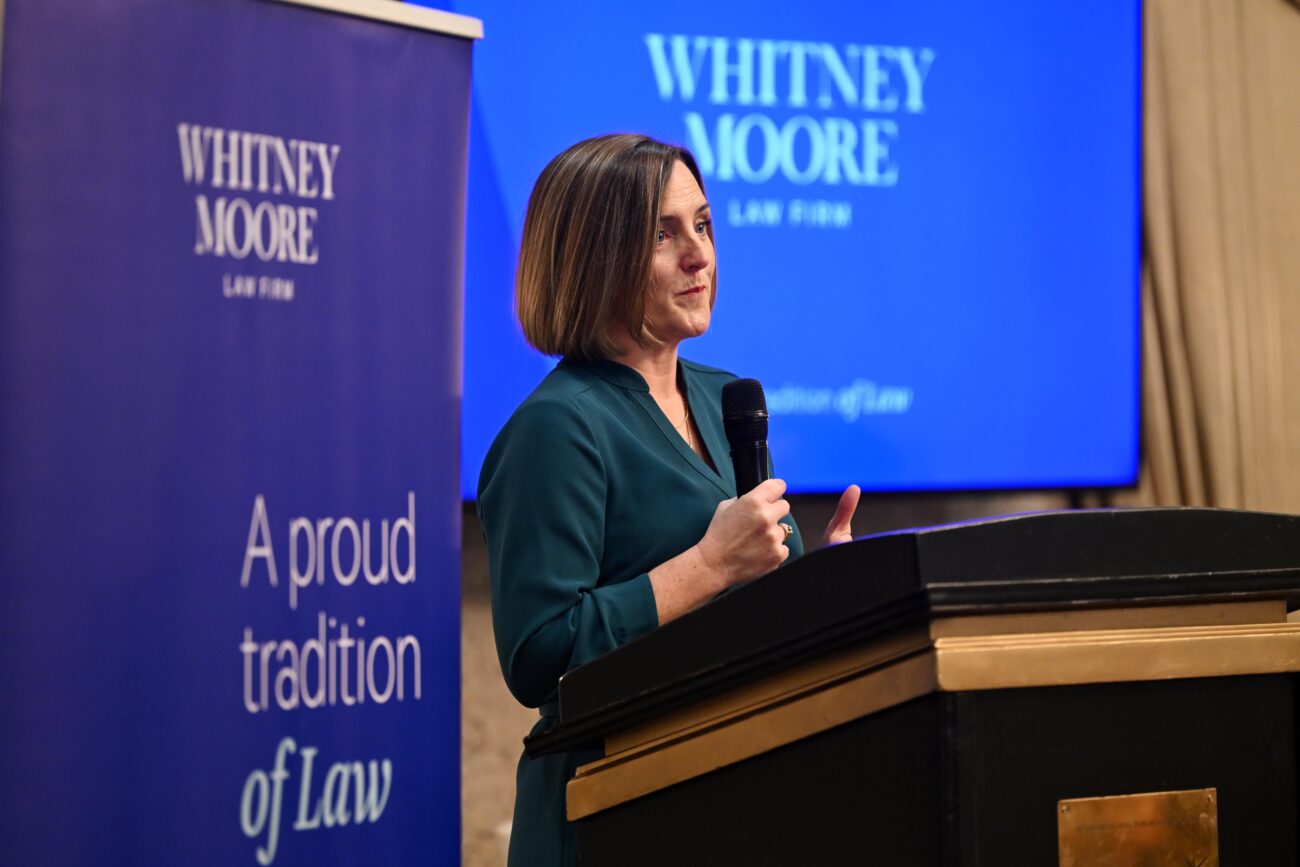
Brand Matters is a podcast series exploring how to build a brand, the importance of reputation and protecting your brand and trademarks. It is presented by Alison Cowzer and sponsored by Whitney Moore, the law firm.
